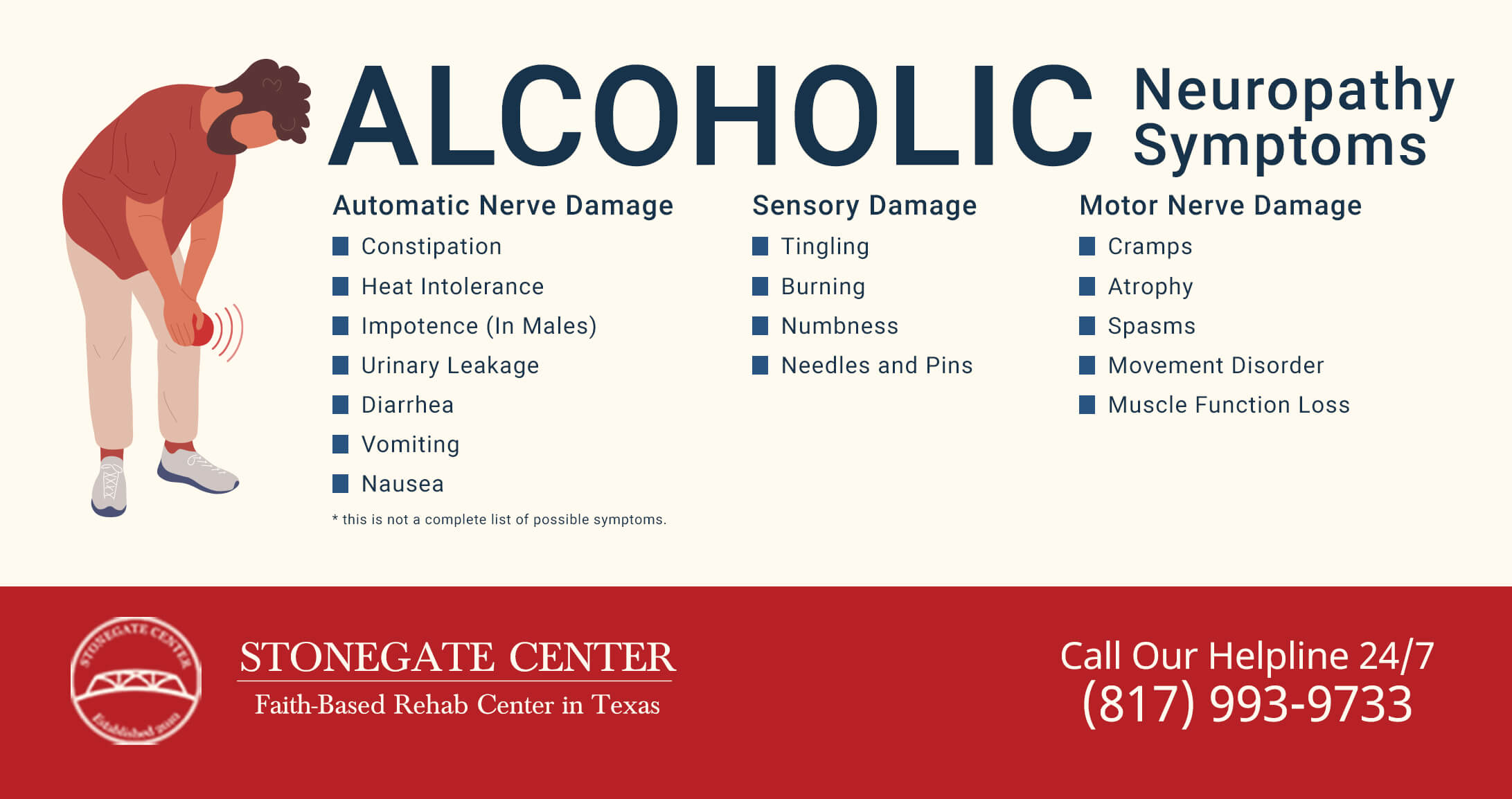

Further analysis of these findings revealed that 10 out of 23 participants showed significantly impaired performance after blackout during free recall, extending up to 17 participants in serial recall. After blackout, MBO participants showed no significant improvement from their intoxicated state in serial recall and depth of encoding tasks, but an improvement in free recall. Recall rate both before and after alcohol consumption was similar between groups, with poorer recall after drinking alcohol by all participants in all three studies. Accuracy of recall was assessed with linear mixed effects modelling for all experiments and conditions.


Studies were completed sober and after alcohol by all participants, and sober but after blackout by the experimental group. Three episodic memory paradigms consisting of free recall, serial recall, and depth of encoding tasks, were conducted by a group of alcohol drinkers who had never experienced a memory blackout, and those who reported at least 9 in the preceding 12-months. In addition, we aimed to test the hypothesis that people who experience a high volume of MBOs may have poorer recall than non-blackout controls in either sober or intoxicated states. Here, we examine the short-term impact of an alcohol-induced MBO event (testing < 20 hours after blackout) on memory performance in people who have experienced a high volume of MBOs. An MBO is a transient amnesic event resulting from rapid, excessive alcohol consumption. Binge-drinking in adolescents and young adults is a widespread problem, however, an often unreported consequence of binge-drinking behaviour is an alcohol-induced memory blackout (MBO).


 0 kommentar(er)
0 kommentar(er)
